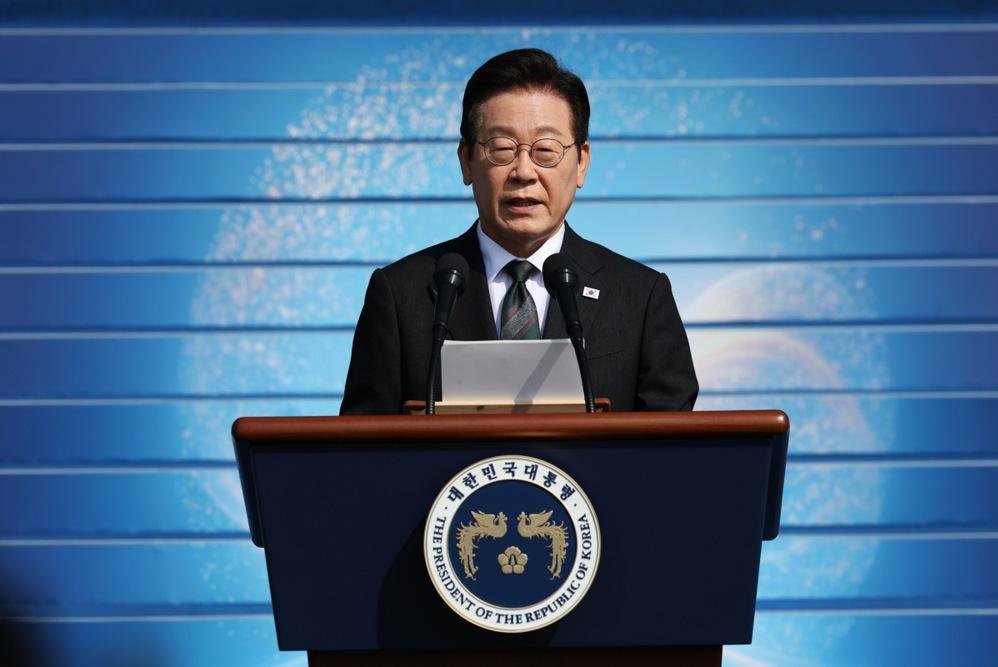Other Chinese chip developers have also secured major contracts with big businesses in the country. MetaX is supplying advanced chips for the likes of state-owned telecoms operator, China Unicom.
Another hotly-tipped potential challenger to Nvidia is Beijing-based Cambricon Technologies.
Its Shanghai-listed shares have more than doubled in value over the last three months as investors bet that it will benefit from Beijing’s push for Chinese firms to use locally produced high-end chips.
Tencent, which owns the super app WeChat, is another notable tech giant that has heeded the government’s call to use Chinese chips.
There has also been no shortage of state-backed trade shows, promoting Chinese technology companies in a bid to attract investors.
“The competition has undeniably arrived,” a spokesperson for Nvidia told the BBC in response to queries about the recent progress made by Chinese chip firms.
“Customers will choose the best technology stack for running the world’s most popular commercial applications and open-source models. We’ll continue to work to earn the trust and support of mainstream developers everywhere.”
Yet some experts have cautioned that claims made by Chinese chipmakers should be taken with a pinch of salt due to a lack of publicly available data and consistent testing benchmarks.
China’s semiconductors perform similarly to the US in predictive AI but fall short in complex analytics, said computer scientist Jawad Haj-Yahya, who has tested both American and Chinese chips.
“The gap is clear and it is surely shrinking. But I don’t think it’s something they will catch up on in the short-term.”


